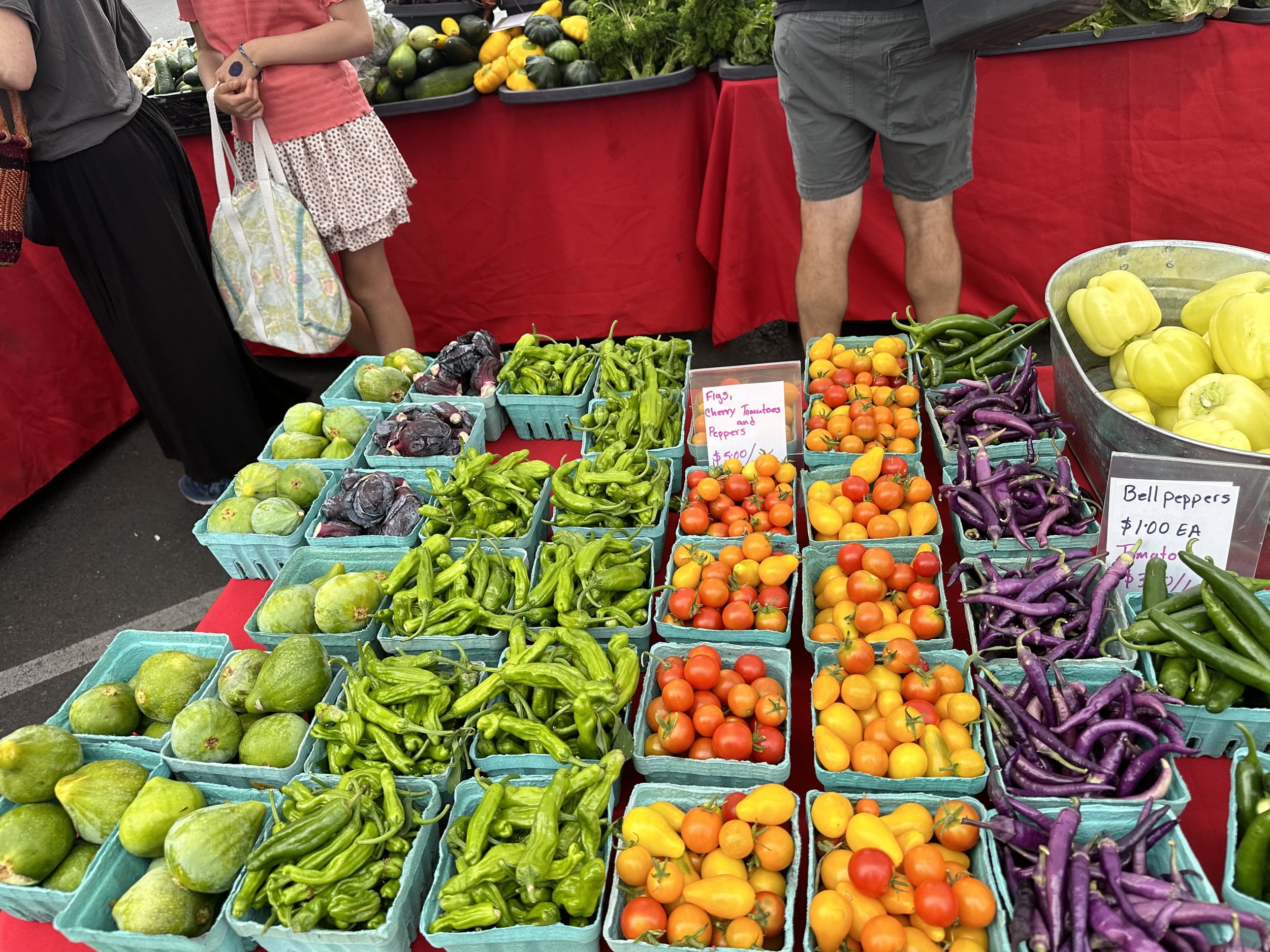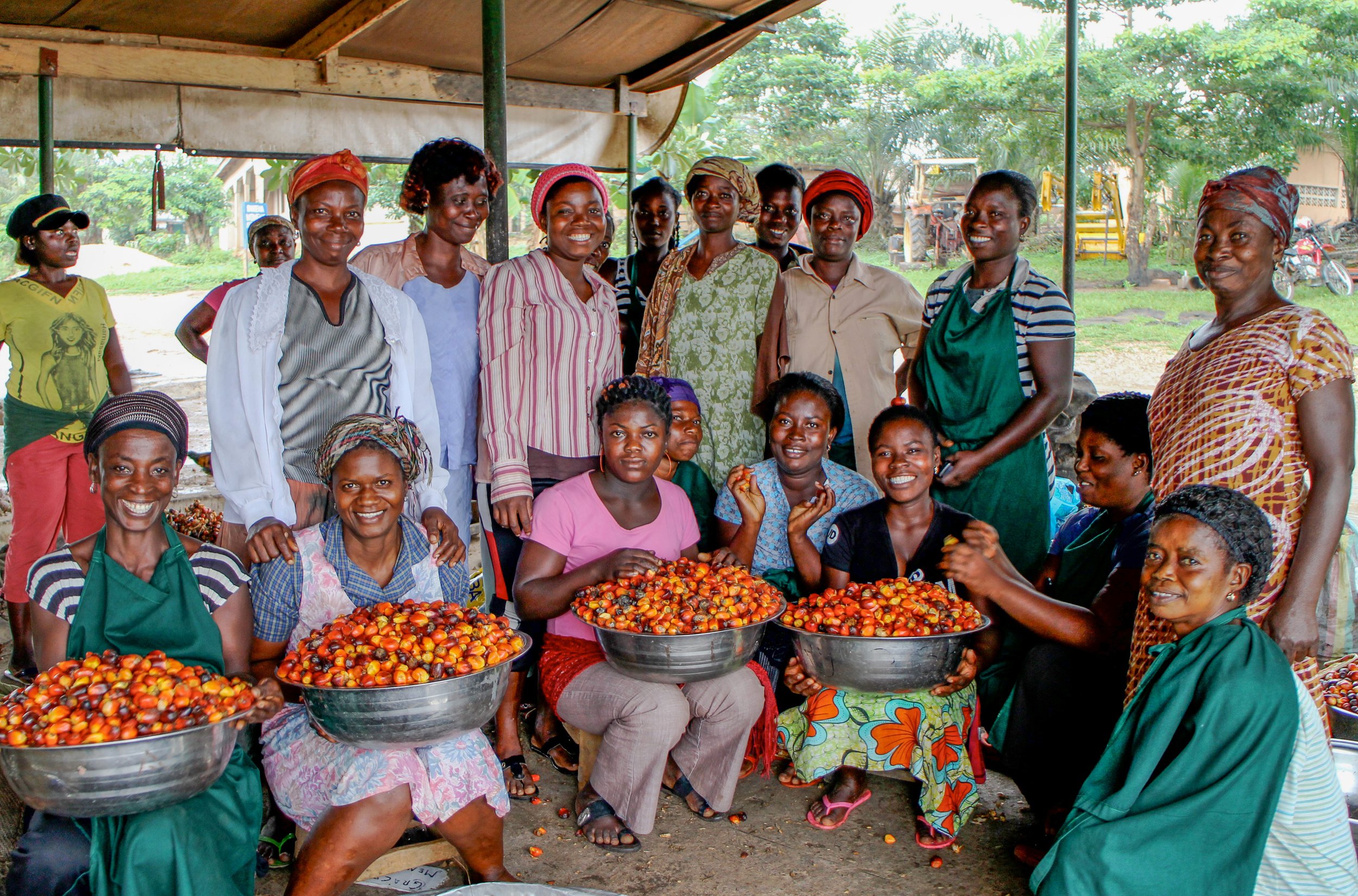Articles

Individual Actions We Can All Take to Transform Food Systems
Following up on her article, Pathways to Creating a Just Food System, Dana Geffner explores the barriers and opportunities to creating a just food system through this four-part series of articles, from outlining regenerative business structures to showing examples of alternative business models and alternatives to conventional shopping. In this fourth and final part of the series, she focuses on what individuals can each do to participate in transforming our food system.

Alternatives to Conventional Shopping
In part 3 of a series, Dana shares examples of people and communities around the globe who are offering consumers a way to shop that does not extract wealth out of communities. Here are a few examples of community-owned grocery stores, national organizing associations, and other models that place farmers in the driver’s seat.

Alternative Business Models Building Fair and Equitable Partnerships
In part 2 of a series on Alternative Business Structures, Dana Geffner examines a few examples of alternative business models that are building fair and equitable partnerships with organizing efforts around the world. By understanding governance structures that officially center people, supporting these efforts and replicating them, we can visualize a path to creating a food system that works for us all.

Conventional vs. Regenerative Business Structures
From manufacturers to retail grocery stores to daily farmers markets, alternative business models are paving the way to transform the food industry. In part 1 of a series, Dana Geffner explores how regenerative practices build fair and equitable partnerships prioritizing workers, small-scale farmers in the global majority, family farmers in the global minority, and farmworkers organizations. With these practices, including regenerative agriculture, we can come out the other side with a world that regenerates rather than degenerates.

